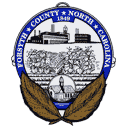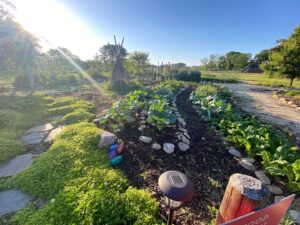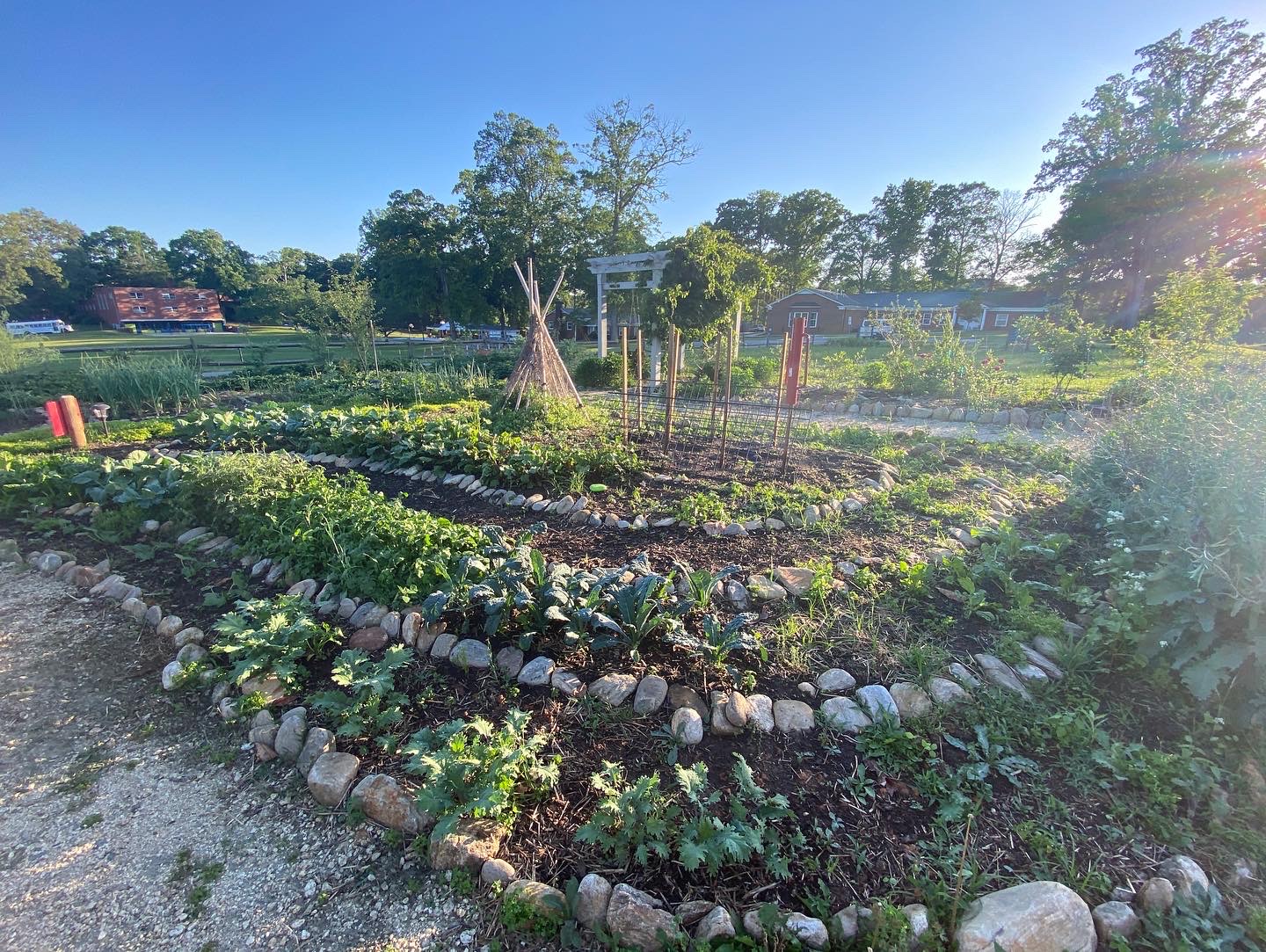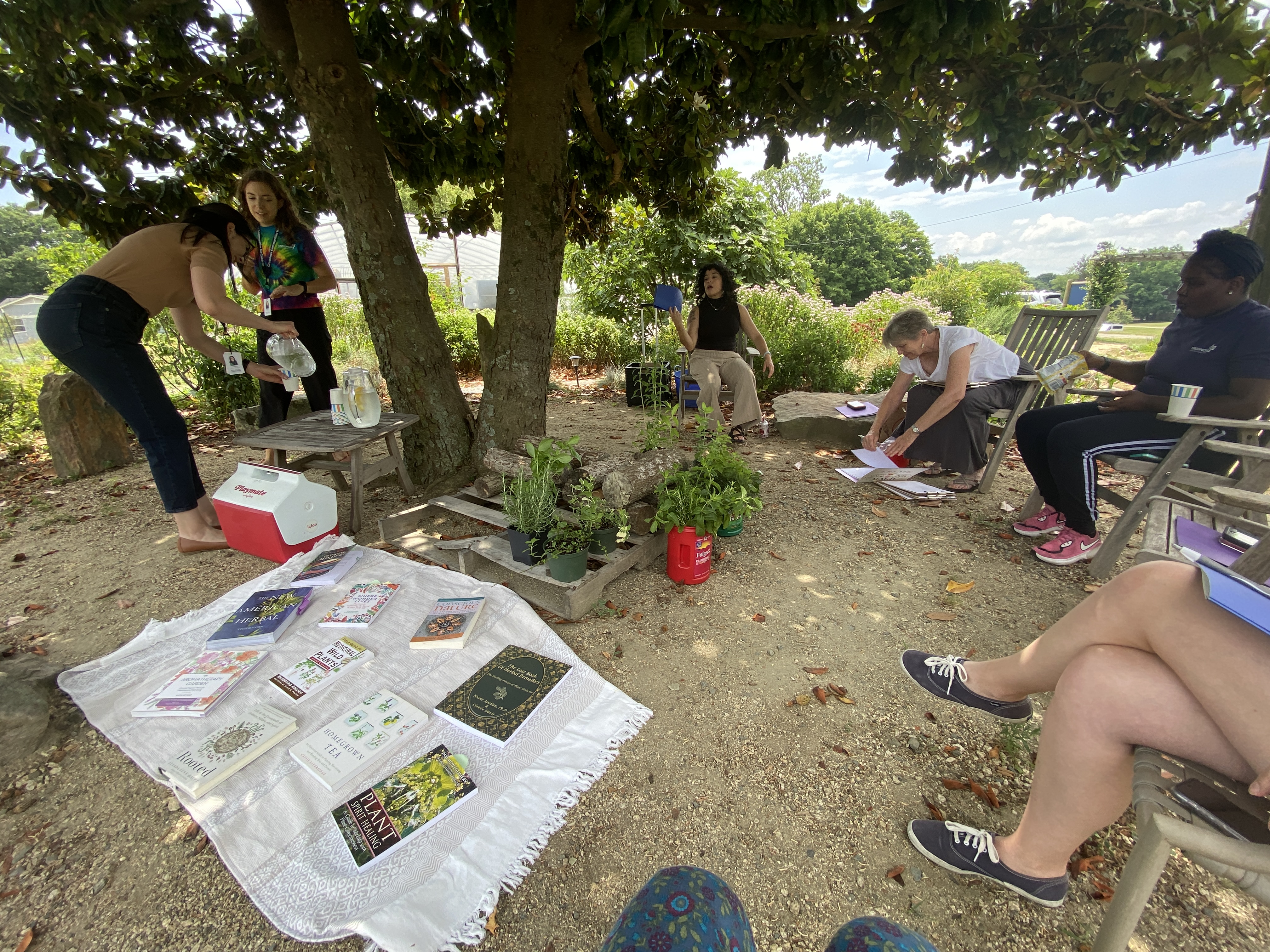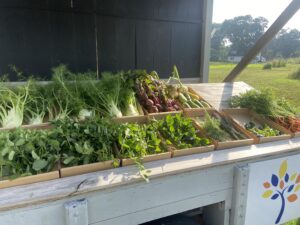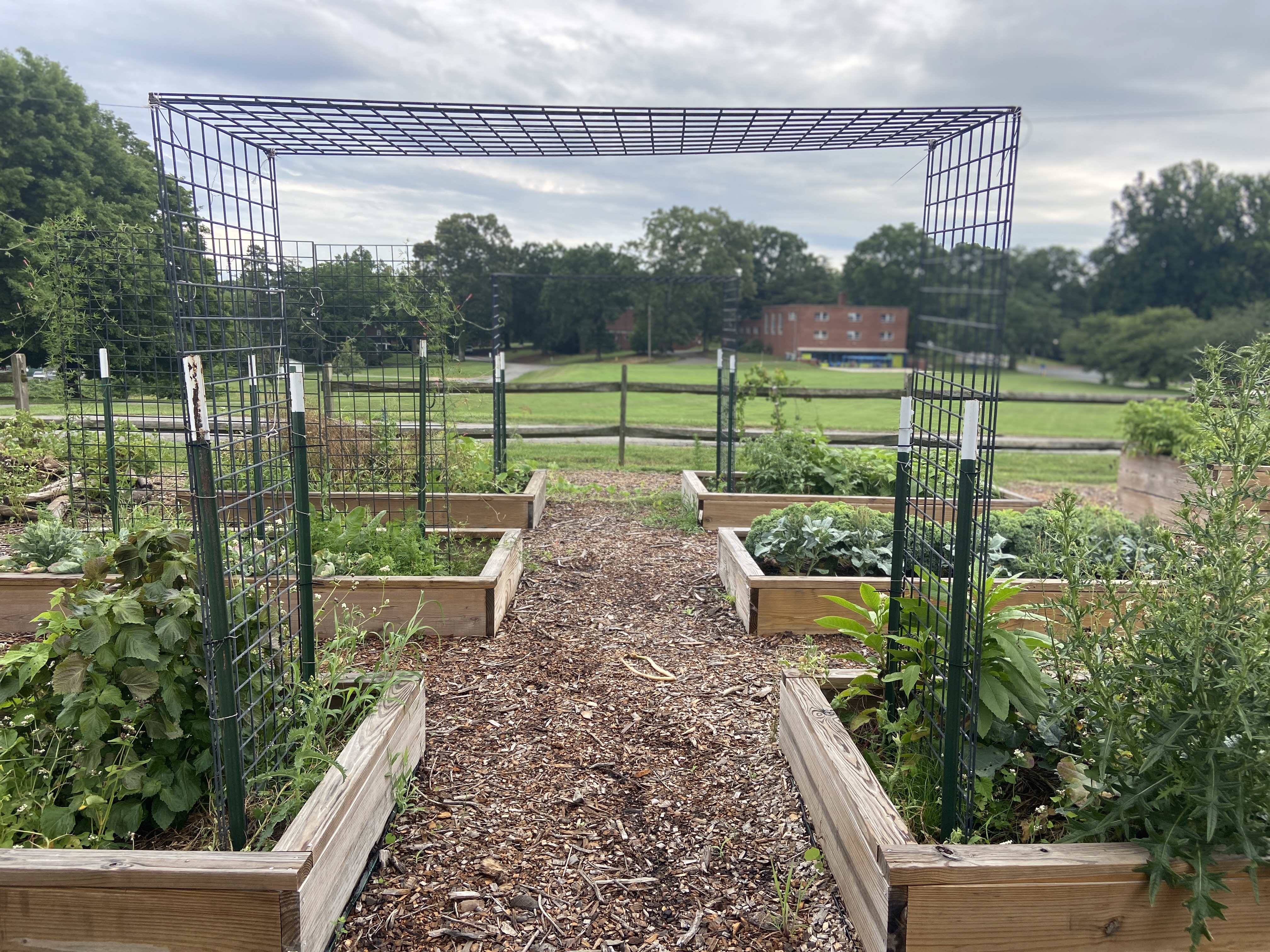Courtney Branch – Miracle Grounds Farm
go.ncsu.edu/readext?920725
en Español / em Português
El inglés es el idioma de control de esta página. En la medida en que haya algún conflicto entre la traducción al inglés y la traducción, el inglés prevalece.
Al hacer clic en el enlace de traducción se activa un servicio de traducción gratuito para convertir la página al español. Al igual que con cualquier traducción por Internet, la conversión no es sensible al contexto y puede que no traduzca el texto en su significado original. NC State Extension no garantiza la exactitud del texto traducido. Por favor, tenga en cuenta que algunas aplicaciones y/o servicios pueden no funcionar como se espera cuando se traducen.
Português
Inglês é o idioma de controle desta página. Na medida que haja algum conflito entre o texto original em Inglês e a tradução, o Inglês prevalece.
Ao clicar no link de tradução, um serviço gratuito de tradução será ativado para converter a página para o Português. Como em qualquer tradução pela internet, a conversão não é sensivel ao contexto e pode não ocorrer a tradução para o significado orginal. O serviço de Extensão da Carolina do Norte (NC State Extension) não garante a exatidão do texto traduzido. Por favor, observe que algumas funções ou serviços podem não funcionar como esperado após a tradução.
English
English is the controlling language of this page. To the extent there is any conflict between the English text and the translation, English controls.
Clicking on the translation link activates a free translation service to convert the page to Spanish. As with any Internet translation, the conversion is not context-sensitive and may not translate the text to its original meaning. NC State Extension does not guarantee the accuracy of the translated text. Please note that some applications and/or services may not function as expected when translated.
Collapse ▲We’re positioned at a unique vista with great views of the city: The educational food forest gardens at the entrance of Miracle Ground Farm, located on the campus of Crossnore. Resting near downtown Winston-Salem, NC, the land is special because it provides housing and community for foster children and foster families. Currently there are 5 cottages in service and a future charter school is planned for the campus. The Piedmont Land Conservancy has facilitated the creation of a public trail on part of the site. There is a food bank garden on site. Together these elements build quite a diverse portfolio of community service.
The conversation today is with Courtney Branch, Farm Coordinator for Miracle Grounds Farm at Crossnore. It’s a walking tour as Courtney walks us through the Miracle Ground Food Forest garden.
What is the history of this site?
Since the early 1900’s when this land was purchased it was run as an industrial farm. The foster families would milk cows, grow fields of potatoes and field crops. We have had corn mazes in the fall and strawberry patches in the summer. There was a time when we had a CSA and sold produce to local restaurants. Those practices have been put on hold and now our agricultural focus is on education in the garden.
This garden started for us with the idea of permaculture, permanent agriculture. How we could nurture supportive ecosystems that provide nitrogen and all the nutrients for soil for sustaining life? There are instructive signs throughout the garden.
Brightly colored silhouettes highlight the specific space intentions, such as pollination, healing, water conservation. The rain garden section is an active space for discussing water management. With a pond in the centerpiece surrounded by water loving plants serving to filter pollutants, prevent runoff and absorb water. The added benefit is that it serves as a rest stop for wildlife.
How has this space served those community members outside of Crossnore?
This garden started as a grant from the Twin City Garden Club. Additionally, other garden clubs have put in countless volunteer hours. The spectrum of local support is long: students from elementary thru high school and even Wake Forest have gravitated to and connected in this garden. This garden is also a place of collaboration. To name a few:
- The N.C. Cooperative Extension has led classes on outdoor learning centers, beekeeping, plant nutrition, propagation, and how to extend the growing season among others.
- Gnomestead Hollow Farm has led a mushroom workshop
- A local book club has met in this space
- Joann Yates of the Children’s Center led a class on the garden as a place of healing for the foster children we work with at Crossnore
- There is a desire to see more STEAM classes taught in the garden.
As the farm coordinator, your consistent vantage point allows you to see invisible beauty. What have you noticed?
Volunteers and children come here to care for the garden, but they receive nourishment as well from just being in this space. Some youth come to work here as a consequence for poor choices, but I have seen their hearts soften here. Connecting with nature and taking a break from screens is a part of that benefit.
Foster to Farm is one of our programs that I expect to see grow in 2023. This garden is a place of connection for foster families, biological parents, and their children. Working here in the soil together is a neutral ground for connection.
Why is local food and urban agriculture, including gardening necessary?
Food prices are skyrocketing. Food systems are breaking down. Large scale farming shouldn’t be our only source of food. People should have the opportunity to learn how to grow food. In Winston-Salem, we have many farmers who are doing it really well: high quality, nutrient-dense foods. Why miss that local choice? Plus, keeping money local is better for our economy.
Miracle Grounds Farm has a market stand located on site. What are your plans for 2023?
The foster families will be more involved. The opportunity is for them to learn how to handle money and gain entrepreneurial experience. The proceeds will go to hosting a fun event for our foster families. Additionally, we’ve worked with the local food bank in their food matters program. It brings together our garden produce with cooking classes. Our children learn how to cook nutritionally for themselves and others.
The Miracle Grounds Garden is a model garden. In Winston Salem we are rich, with over 80 community gardens. How would you invite the citizens of Forsyth to consider joining their local community garden?
Sometimes, starting a new relationship can be intimidating. Perhaps some people may feel their knowledge about planting is lacking, that they don’t have a green thumb. The question may be that they don’t know where to start. The N.C. Cooperative Extension is a great place to start. Matthew Scoggins is the community garden coordinator and he is ready to help people to get plugged in. If people have questions about the Mircale Grounds Farm, they can email me. We cater to everyone, all ages, all abilities, we’re learning together. It’s a place to build community, to put your hands in the soil and in the summer to take home something good to eat. Gardening is one of the most beneficial things to do for yourself and for your community.
If you have questions about Miracle Grounds Farm, connect with Courtney Branch via email: farm@crossnore.org.
If you have questions about Urban Agriculture, connect with Celine Richard, Urban Agriculture Agent, cvrichar@ncsu.edu, 336-703-2869.
If you have questions about community gardens, connect with Matthew Scoggins, Community Garden Coordinator, scoggimc@forsyth.cc, 336-703-2853.
Article written by Jeffrey Cates, Program Assistant, Agricultural Literacy, jeff_cates@ncsu.edu, 336-703-2859.



